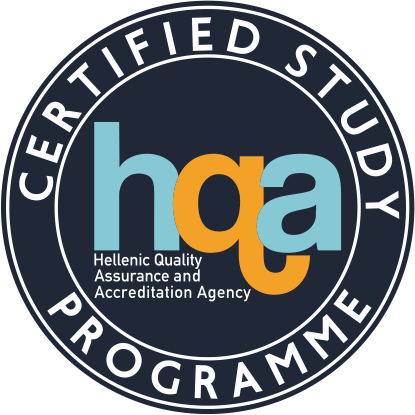Methods on Research and Analysis of Minerals and Rocks
| School | Natural Sciences | ||||||||||||||
| Academic Unit |
Geology Department | ||||||||||||||
| Level of Studies |
Undergraduate | ||||||||||||||
| Course Code |
GEO_814E | ||||||||||||||
| Εξάμηνο σπουδών | 8ο | ||||||||||||||
| Course Title |
Methods on Research and Analysis of Minerals and Rocks | ||||||||||||||
| Independent Teaching Activities |
Lectures, tutorials and laboratory work | ||||||||||||||
| Weekly Teaching Hours |
2 (lect.), 1 (lab)., 1(t) | ||||||||||||||
| Credits | 5 | ||||||||||||||
| Course Type |
Field of Science and Skills Development (theoretical background and use of the main analytical techniques used in the study of earth materials) | ||||||||||||||
| Prerequisite Courses |
Typically, there are not prerequisite course. Essentially, the students should possess: (a) knowledge provided through the previously taught theoretical courses of “Earth Materials I”, “Earth Materials I”, “Chemistry” and “Physics”. (b) laboratory skills obtained through the previously attended laboratories included in the courses outlined above. |
||||||||||||||
| Language of Instruction & Examinations |
Greek. Teaching may be however performed in English in case foreign students attend the course. | ||||||||||||||
| Is the Course offered to Erasmus Students |
Yes | ||||||||||||||
| Course Web-Page (URL) | https://eclass.upatras.gr/courses/GEO317/ | ||||||||||||||
| Learning Outcomes |
By the end of this course the student will be able to:
By the end of the course the student will have further developed the following skills /competences:
|
||||||||||||||
| General Competences |
|
||||||||||||||
| Syllabus |
Lectures Principles and uses of X-ray powder diffraction, X-ray fluorescence spectrometry, Scanning Electron Microscopy, Electron microprobe analysis, Infrared, Raman and Mössbauer spectroscopy, ICP-AES and ICP-MS, differential thermal analysis, optical cathodoluminescence Laboratory work Interpretation of the results obtained through each method by the dedicated software packages and the accompanying databases. |
||||||||||||||
| Delivery |
|
||||||||||||||
| Use of Information & Communication Technology |
Use of Information and Communication Technologies (ICTs) (e.g. powerpoint) in teaching. The lectures content of the course for each chapter are uploaded on the internet, in the form of a series of ppt files, where from the students can freely download them using a password which is provided to them at the beginning of the course. | ||||||||||||||
| Teaching Methods |
|
||||||||||||||
| Student Performance Evaluation |
Percentages are valid t only when the student secures the minimum mark of 5 in the final written examination Greek grading scale: 1 to 10. Minimum passing grade: 5. Grades <3 correspond to ECTS grade F. Grade 4 corresponds to ECTS grade FX. For the passing grades the following correspondence normally holds: 5 <-> E, 6 <-> D, 7 <-> C, 8 <-> Β and >9 <-> A |
||||||||||||||
| Attached Bibliography |
Suggested bibliography:
|





